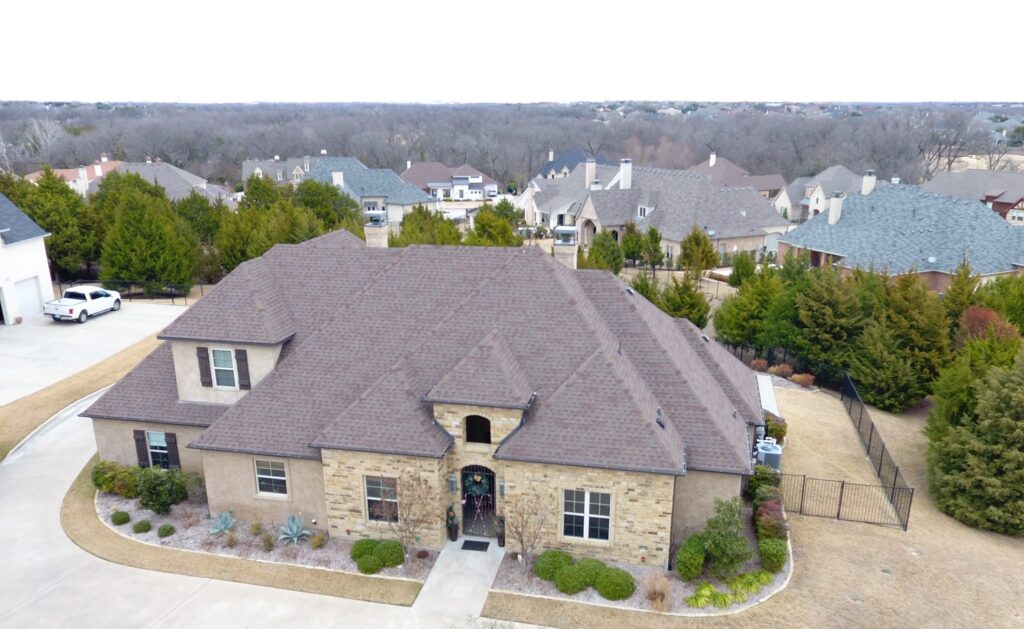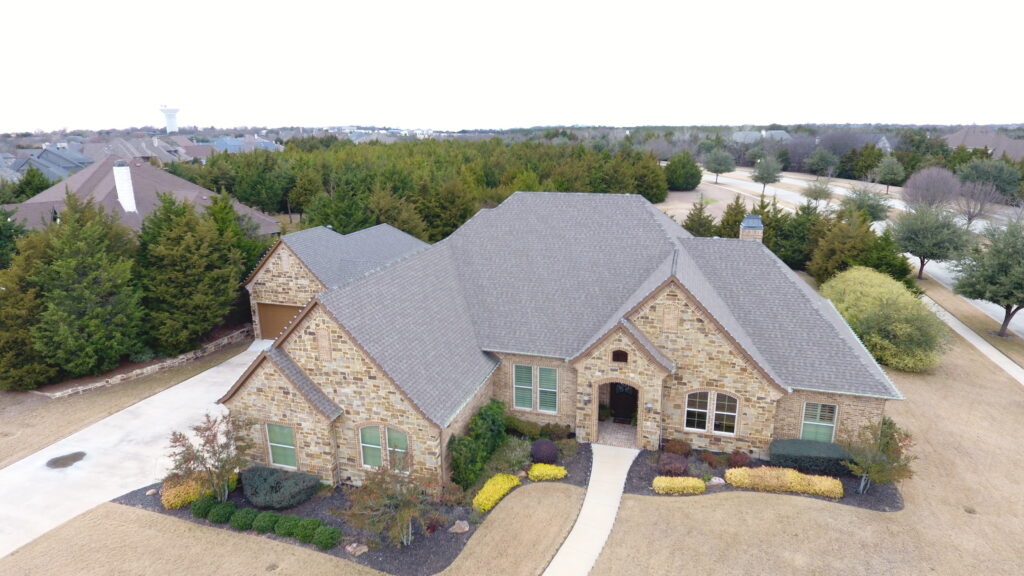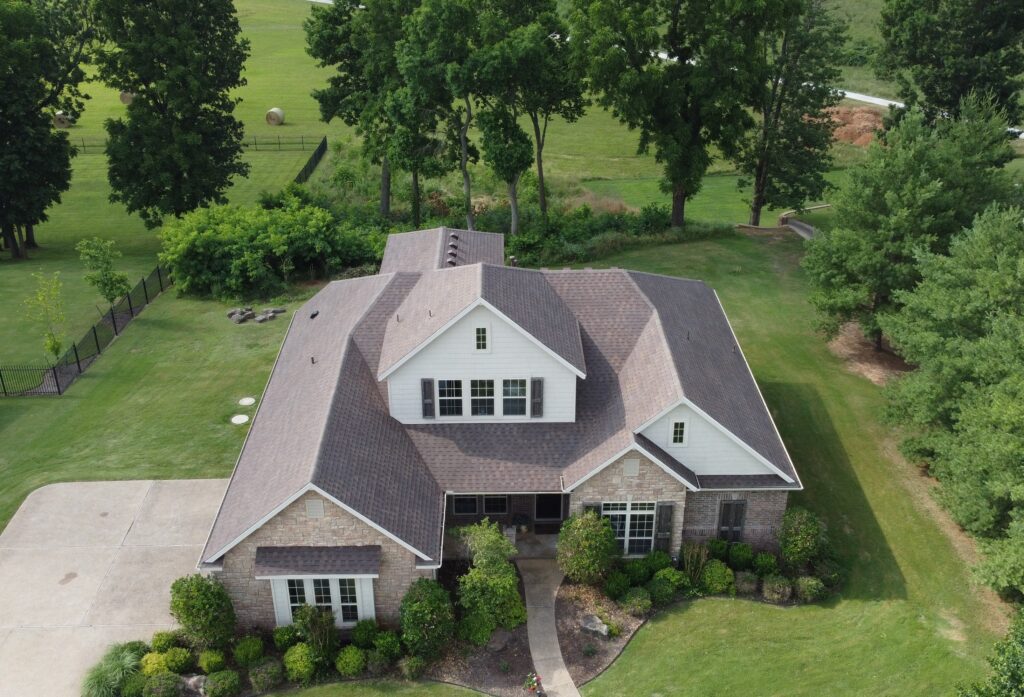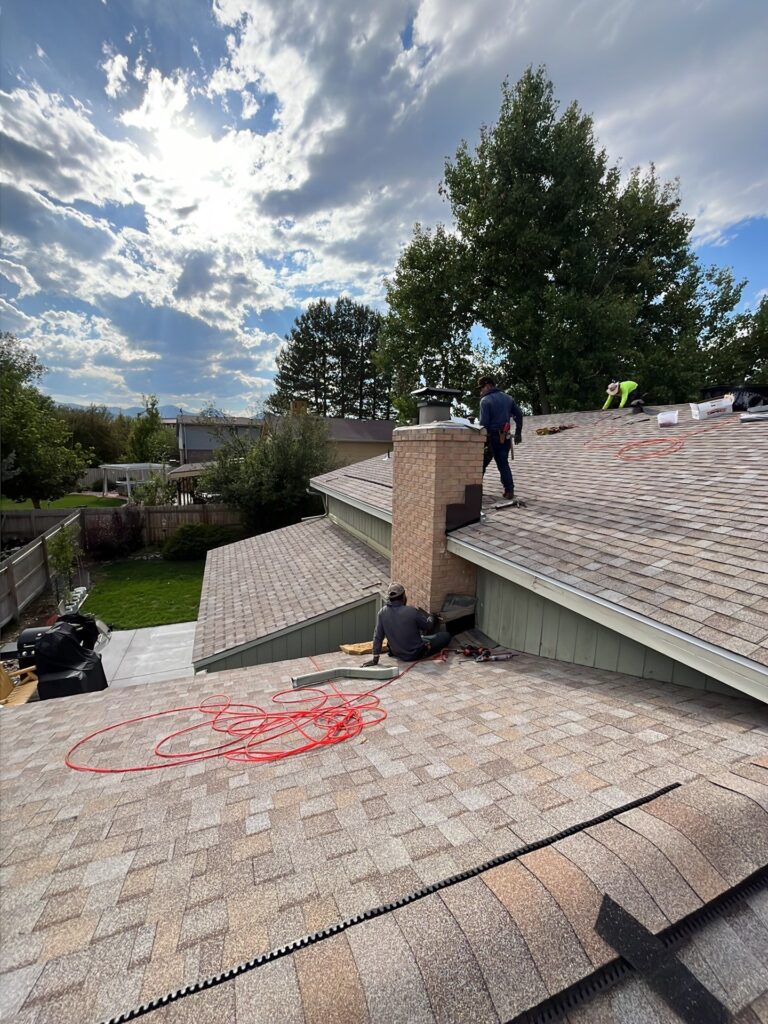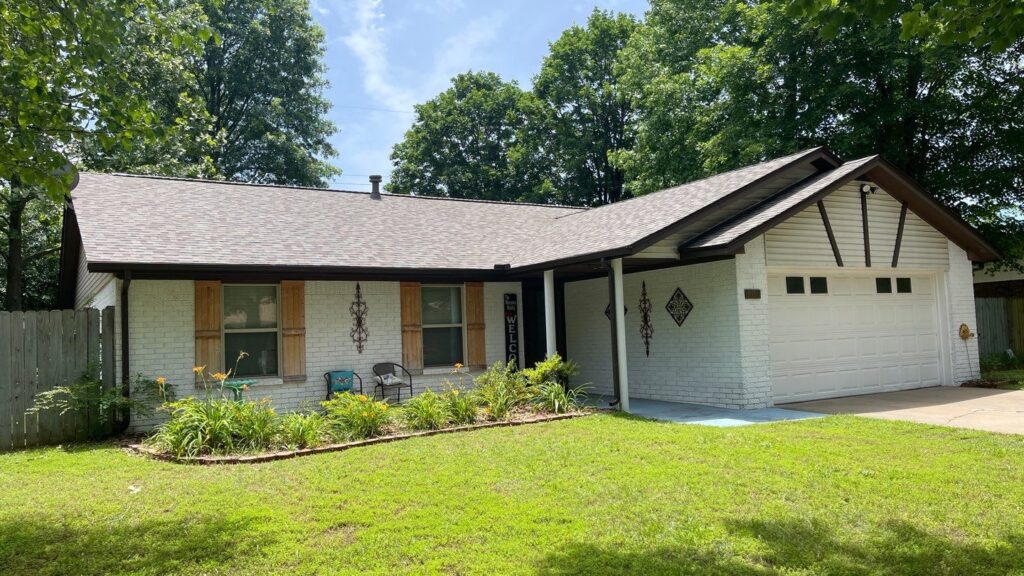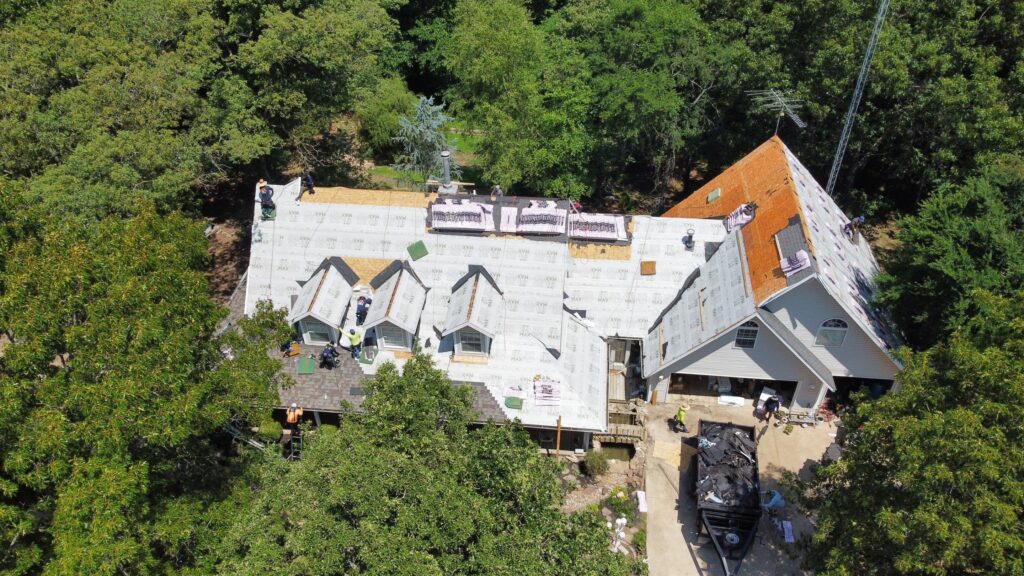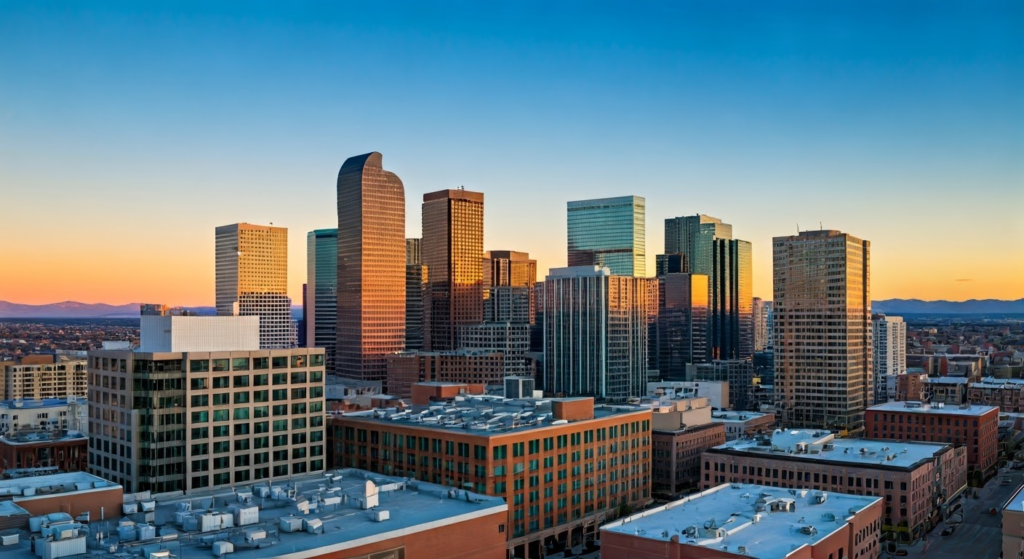Preparing Your Roof for Storm Season: Essential Tips for Protection
Introduction
Storms can wreak havoc on homes, especially roofs, which bear the brunt of severe weather. Preparing your roof before storm season is vital to safeguarding your property and minimizing potential damage. This article offers actionable steps to protect your roof and ensure it withstands Denver’s unpredictable weather conditions.
The Impact of Storms on Roofs
High Winds
Strong winds can loosen or tear shingles, expose underlying materials, and increase the risk of leaks.
Hail Damage
Hail can cause dents, cracks, or punctures in roofing materials, compromising your roof’s structural integrity.
Heavy Rain
Prolonged rain can lead to water pooling and leaks, particularly on flat or low-sloped roofs.
Snow and Ice
Snow accumulation and ice dams can put excessive weight on your roof and block proper drainage, causing structural issues.
Steps to Storm-Proof Your Roof
Inspect for Vulnerabilities
Conduct a thorough inspection of your roof, looking for missing shingles, cracks, or signs of wear. Address these issues before storms hit.
Reinforce Flashing
Ensure all flashing around vents, chimneys, and skylights is secure to prevent water penetration during heavy rainfall.
Clean and Clear Gutters
Remove debris from gutters and downspouts to allow proper water flow, preventing pooling and potential leaks.
Trim Overhanging Trees
Cut back tree branches near your roof to avoid damage from falling limbs during high winds.
Install Storm-Resistant Materials
Consider upgrading to impact-resistant shingles or metal roofing to provide extra protection against hail and wind damage.
Secure Loose Items
Ensure that all rooftop components, such as antennas or satellite dishes, are firmly attached to prevent dislodgement during storms.
Emergency Roof Protection During Storms
Tarp Installation
If a storm damages your roof, use tarps to cover exposed areas temporarily until repairs can be made.
Monitor and Mitigate Water Leaks
Keep a close eye on potential leaks during heavy rainfall and use buckets or towels to manage water until professional repairs can be completed.
After-Storm Inspection and Repairs
Professional Post-Storm Inspection
After severe weather, have a professional inspect your roof for hidden damage, even if no issues are immediately visible.
Address Damage Promptly
Delaying repairs can lead to more extensive damage, increasing repair costs and risks to your property.
Storm-Resistant Roofing Options
Impact-Resistant Shingles
Designed to withstand hail and wind, these shingles are an excellent choice for storm-prone areas.
Metal Roofing
Durable and resistant to high winds, metal roofing provides long-term protection and minimal maintenance.
Rubber Roofing
Rubber membranes are flexible and can absorb the impact of hail, making them a great choice for flat or low-sloped roofs.
Denver-Specific Considerations
Denver’s storm season often includes high winds, hail, and heavy snow, requiring durable roofing solutions. Local Denver roofers recommend impact-resistant shingles or metal roofs to protect against the region’s extreme weather conditions.
Benefits of Proactive Storm Preparedness
Reduced Repair Costs
Preventative measures reduce the likelihood of extensive storm damage, saving you money on emergency repairs.
Enhanced Home Safety
Securing your roof ensures the safety of your family and belongings during severe weather.
Insurance Benefits
Proactively maintaining your roof can help you avoid disputes when filing insurance claims for storm-related damages.
Protect Your Roof with Tried and True Roofing
As a leading roofing company in Denver, Colorado, , Tried and True Roofing specializes in storm-resistant roofing solutions and post-storm repairs. Their expertise ensures your home remains secure and protected throughout the year.
Conclusion
Preparing your roof for storm season is an essential step in protecting your home and reducing long-term costs. By following these tips and working with professional Denver roofers, you can ensure your roof is ready to withstand even the harshest weather conditions.
Preparing Your Roof for Storm Season: Essential Tips for Protection Read More »


